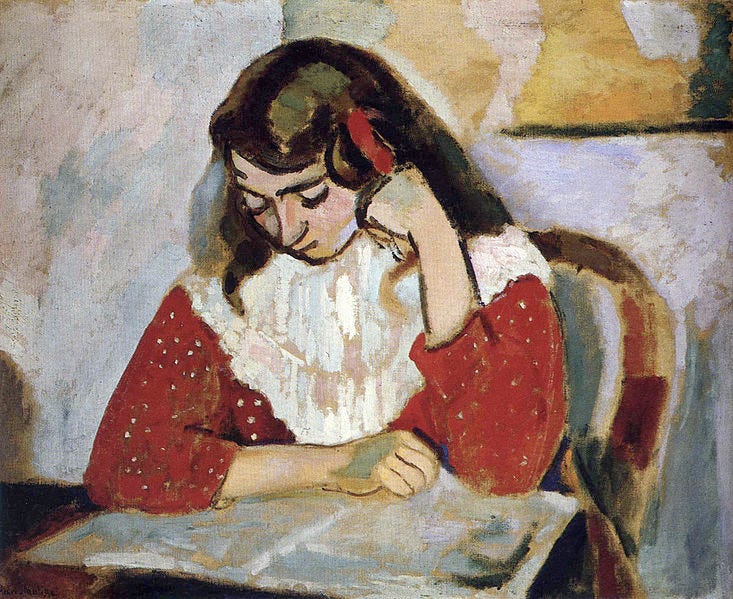Volume 6
During the month of August we will be sharing summer reading lists, experiences, and suggestions from the IHR community. If you’d like to share your own, please Tweet (X) us @ihr_history.
In this blog, we hear from IHR Fellows.
Philippa Joseph
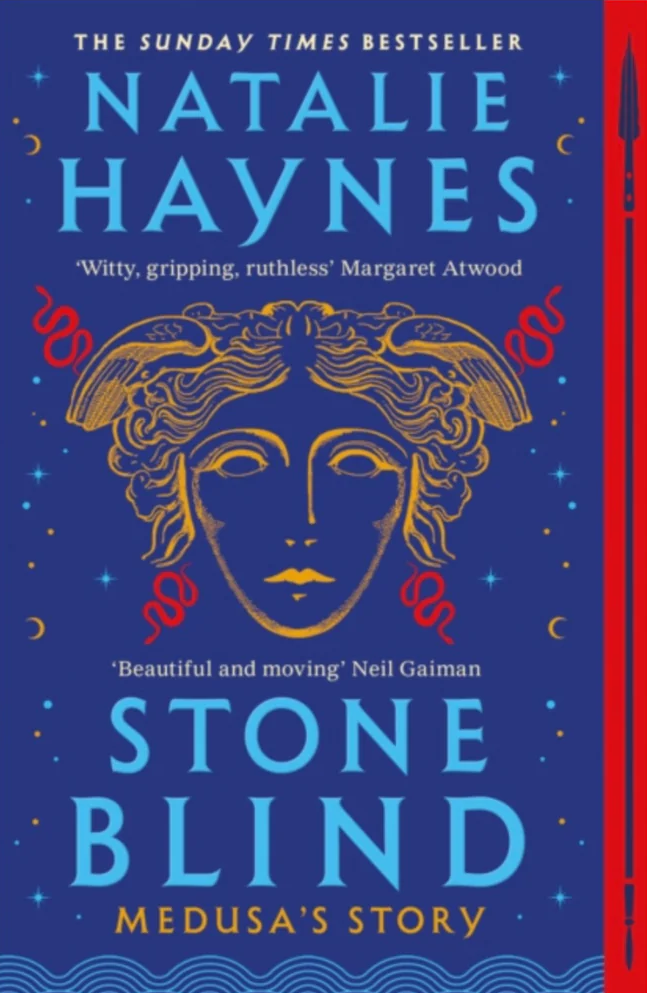
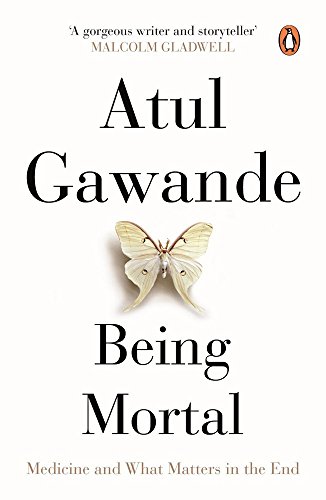
Although most of my summer will be taken up writing Designing Modern Italy, I have just returned from ten days in Cornwall, where I did lots of wonderful walking, but also lots of great reading, which included the following:
- Natalie Haynes, Stone Blind: Medusa’s Story
- Ben Macintyre, Agent Sonya
- Natalia Ginzburg, Le Piccole Virtù (a re-reading of a favourite of mine, that one!)
- Ross King, The Bookseller of Florence
- and just finishing, Atul Gawande, Being Mortal: Illness, Medicine, and What Matters in the End
In Cornwall, I also finished reading, Robert Harris, Act of Oblivion, which I had started before I went away.
Philippa Joseph is a Senior Fellow at the IHR, and a historian of Architecture and Design.
Christiane Kroebel

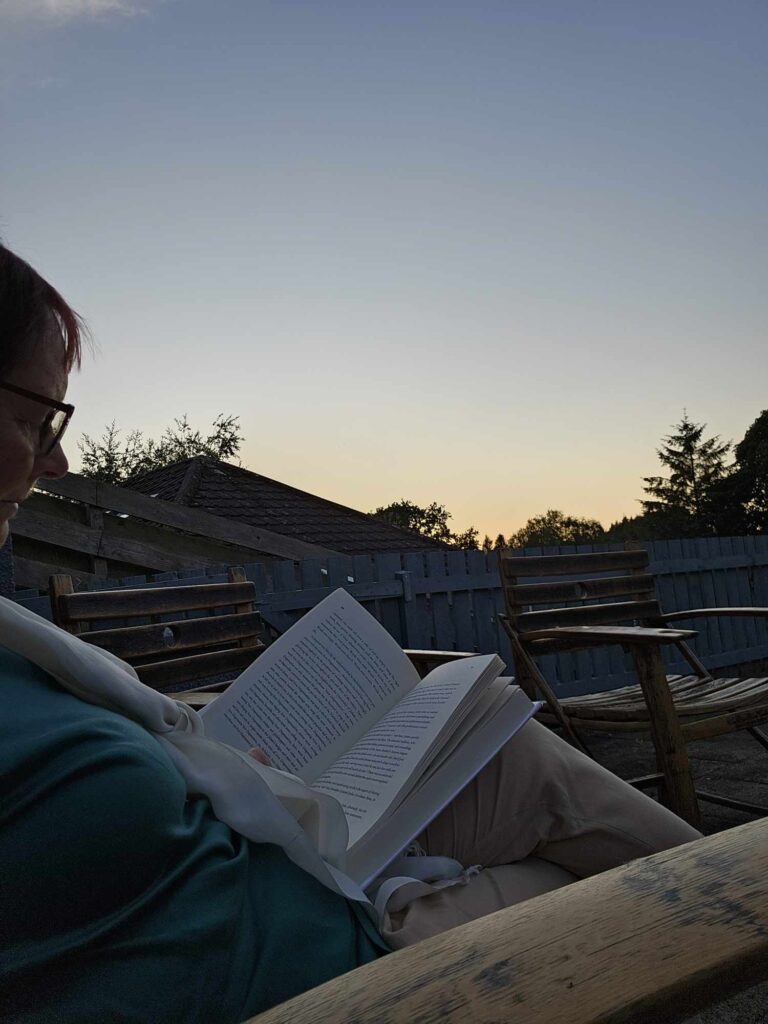
Common Land in Britain: A history from the Middle Ages to the present day, by Angus J.L. Winchester. Boydell, 2002
Administration of common land in NE Yorkshire is of particular interest to me as there are still existing court leet managed areas in Fylingdales and Danby. Though these are not much mentioned, in a way, it is much more useful to read about lands elsewhere. I am glad to be reading a new and up-to-date work that gives the background and long history that shows the changes over the centuries; books published around 1900 have their place and are most useful in conjunction with the latest one.
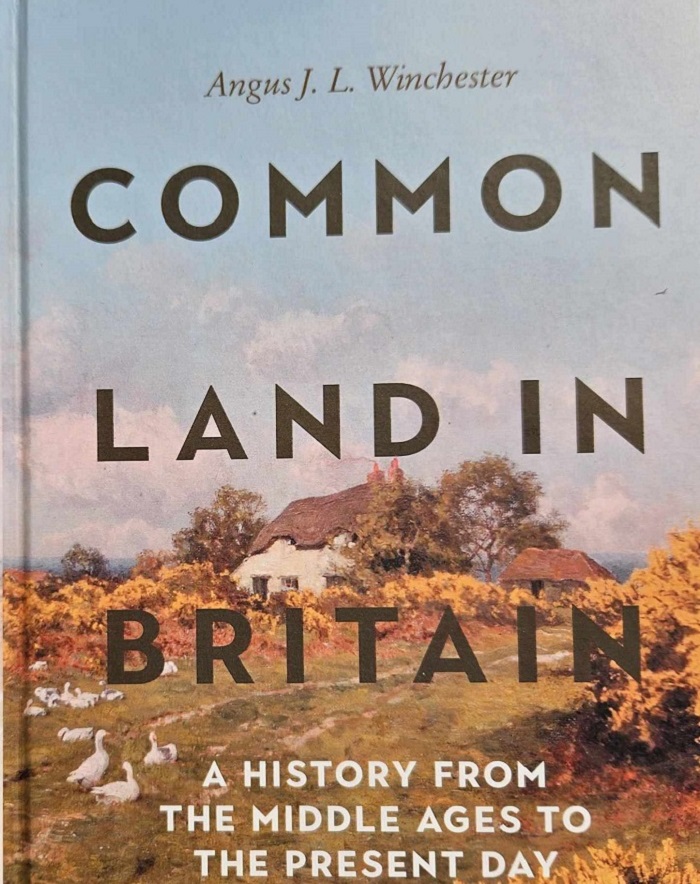
Gender, Family and the Legitimation of Power, England from the Ninth to Early Twelfth Century, by Pauline Stafford. Ashgate, 2006
These writings span many years and I have had it on my ‘to read when time’ list for years! The time has come and I am dipping into various chapters to think about kinship and what it might mean for the settlement of Scandinavians in the Whitby area. Also, I am interested in the role of women after the Conquest and specifically how closely Emma de Port was involved in the foundation of Whitby Abbey.
Glory, by NoViolet Bulawayo. Chatto & Windus, 2022
After listening to one of the BBC’s Free Thinking programmes, I am inspired to read the latest work from this Zimbabwean author, having spent two years in Harare in the 1980s.
Christiane Kroebel is an Associate Fellow at the IHR, Curator for Abbey Collection at the Whitby Museum, and Recorder for Archaeology and Local History at the Whitby Naturalists’ Club. She has recently published ‘Remembering St Hilda in the Later Middle Ages’ in Late Medieval Devotion to Saints from the North of England: New Directions, eds. C. Whitehead, H. Blair, D. Reveney. Brepols, 2022.
Sarah Lloyd
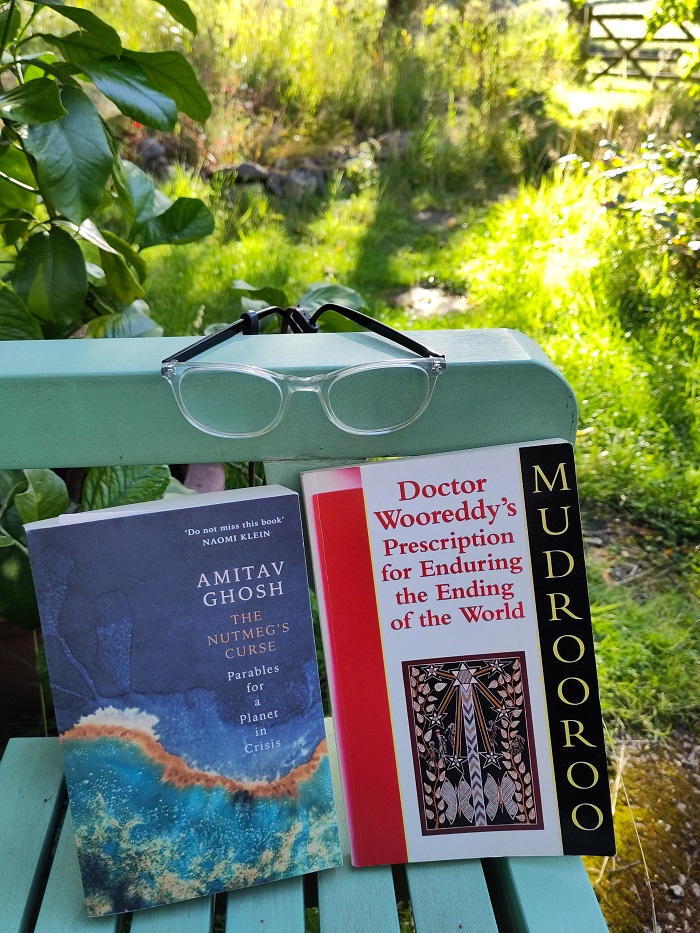
For me, summer holds the promise of unfettered reading, a chance to pick up the books which friends and colleagues have already read: that one of the items has sat on my list for 20 years reveals the promise for the illusion it is. First off the 2023 pile is Amitav Ghosh’s The Nutmeg’s Curse: parables for a planet in crisis (2021). I’m still in the opening chapters, located on the Banda archipelago (present-day Indonesia). In 1621 European merchants, who demanded a trading monopoly in nutmeg and mace, imposed it through the seizure of the land and removal of the indigenous population. The violence and injustice then, repeated so many times since, are the parable for our own times and for human expropriation of the natural world. As in previous summers, I’ll surely find patterns across some very different genres, periods and themes, and this year’s threads are already emerging. Next up will be Doctor Wooreddy’s Prescription for Enduring the Ending of the World by Mudrooroo (1983), recommended to me while I was working in Australia in the early 2000s. It is a novel that charts the destruction by British ‘ghosts’ of the indigenous Tasmanians; it follows the vanishing of their world from the inside, just as Ghosh pieces together the histories of other vanishings from outside. My third item now settles itself into a groove of movement and displacement, Mary-Kay Wilmers’s The Eitingons (2009), lent to me following a conversation about family histories. The map in this book sweeps eastward from Germany across the Soviet Union. The Eitingons’ worldview was a world away from Doctor Wooreddy and from the inhabitants of Lonthor island. Men of this family wielded power and I wonder whether the gender dynamics will be more explicit here than they seem to be in the Nutmeg’s Curse. All three texts are caught up in global events to work through the politics of destruction and survival. I suspect that my summer reading entails more serious thinking than sunny cheer.
Sarah Lloyd is a Senior Fellow at the IHR. She researches and writes on the history of eighteenth-century Britain and on the meanings of the past in the UK today. Her publications address eighteenth-century charity, poverty, ephemera, gender and sexuality, and also include studies of university-community collaboration, contested pasts and temporality. She is one of the (many) convenors of the IHR’s British History in the Long 18th Century seminar.

